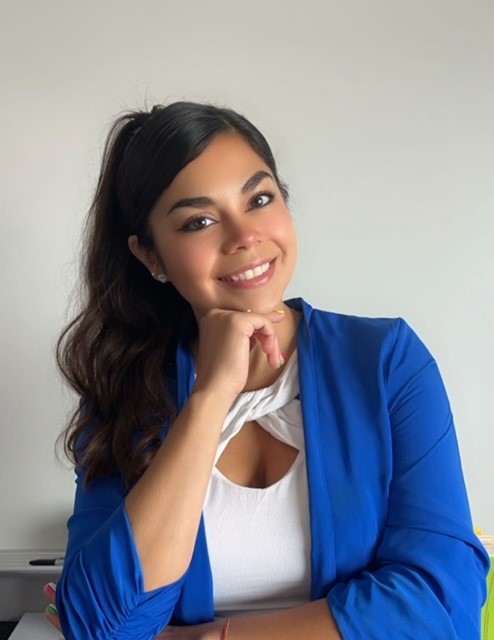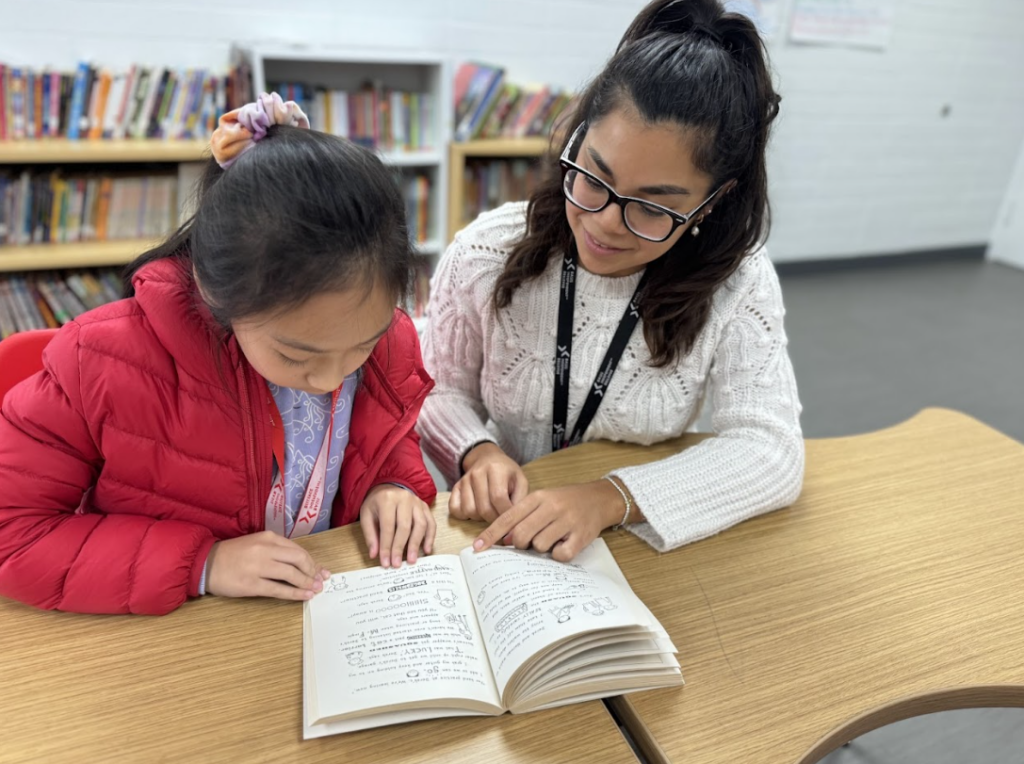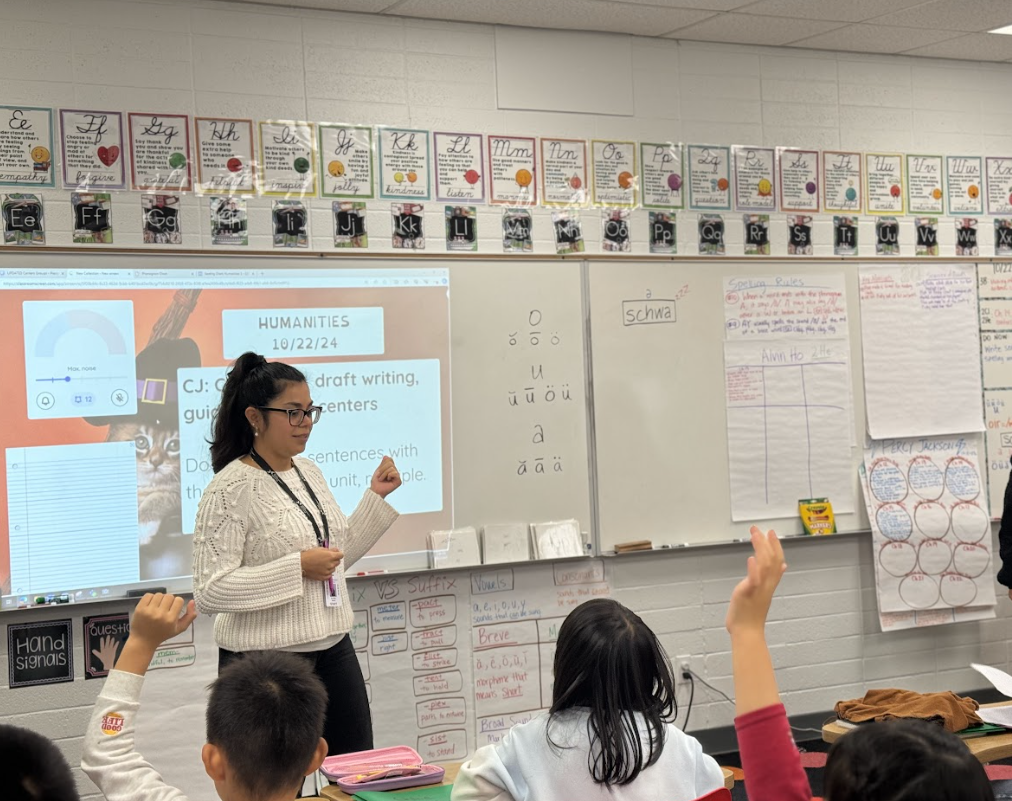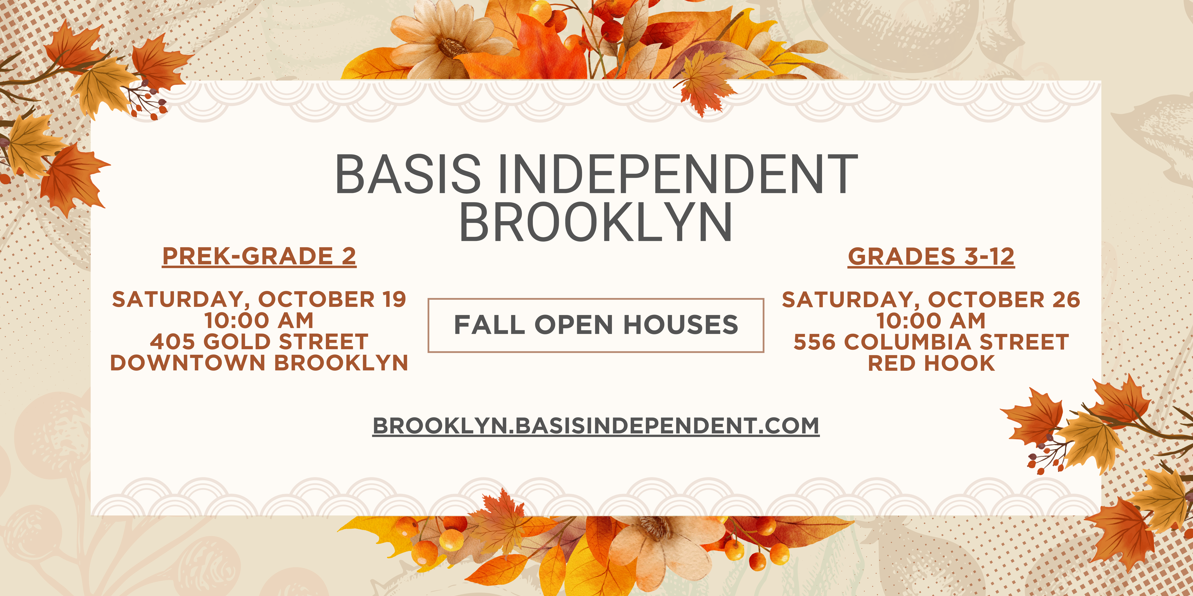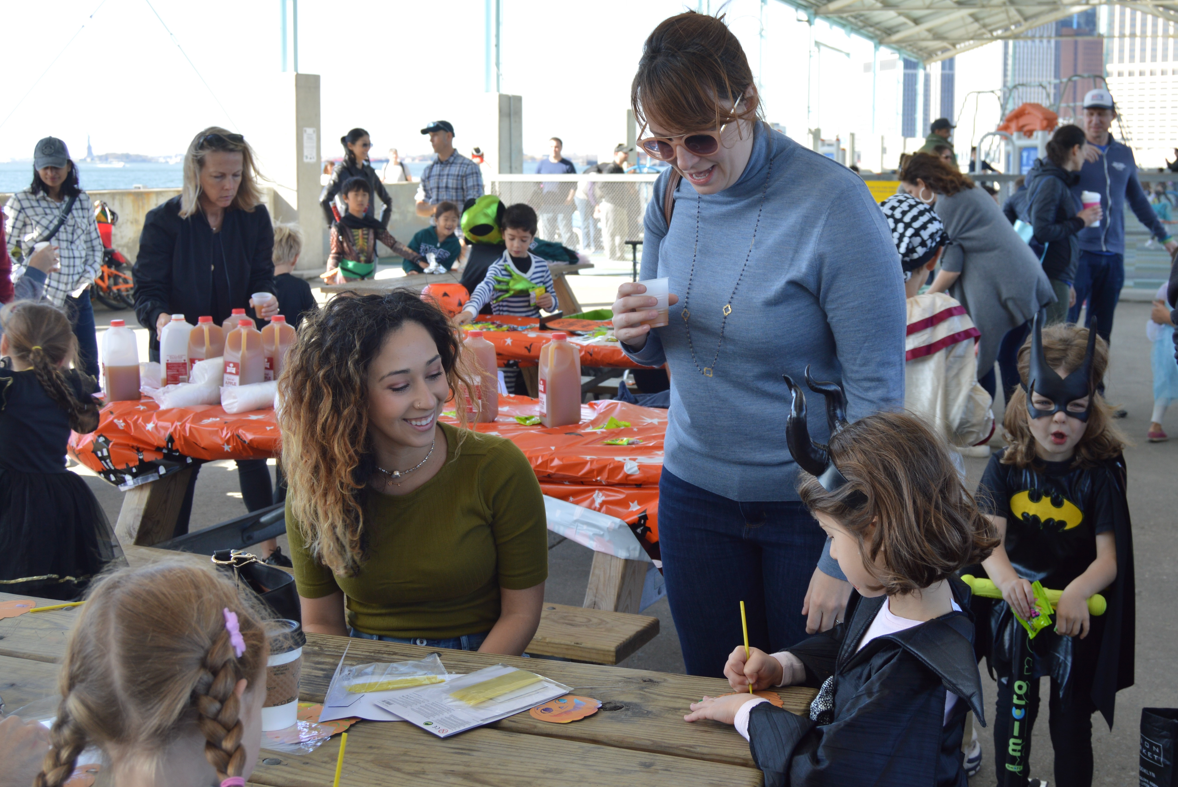At BASIS Independent Fremont, we seek applicants who have an interest in learning at an international level, a desire to make a contribution, a willingness to work hard, and an ambition to join a collaborative, supportive, and joyful community of peers and Subject Expert Teachers. Be ready to participate in a culture where academics are encouraged, learning is celebrated, and students have fun! In order to both ensure student success and manage the popularity of our program, admissions is a selective process.
What is the Family Meeting?
The Family Meeting is an essential part of the admissions process at BASIS Independent Fremont (BIF) and is part of our final admissions decision. This 30-minute meeting is the school’s opportunity to learn more about your child and your family’s interest in BIF.
While we are happy to answer questions about our program, the Family Meeting is not the best time to learn about our offerings. Prior to the Family Meeting, we strongly encourage families to visit our website and blog, attend an Admissions Event, or speak with a member of the Admissions Team.
When are the meetings held?
Family Meetings are held virtually Monday – Friday at various times throughout the day and can be booked through your application portal after you submit an application.
Who is required to attend the Family Meeting?
At least one parent or guardian is required to attend. Students applying for TK – Grade 1 are not required to attend. Students applying to Grade 2 – 9 are required to attend.
If your child is required to attend the Family Meeting and does not, you will be asked to reschedule.
What if we are applying for more than one student?
Only register for one Family Meeting, and bring both students, if required to attend, to the same meeting.
When does the meeting have to take place?
Those applying in Early Admissions must complete their Family Meeting by their Completion Deadline, Friday, November 21, 2025. Those applying to Regular Admissions must complete their Family Meeting by their Completion Deadline, Friday, February 13, 2026.
How do we register for a Family Meeting?
Once you have submitted your application, you will be prompted to schedule your Family Meeting.
If you’re not ready to choose a date and time, you can always log back in at a later date and choose one that is convenient. Please note: As we get closer to the Completion Deadline, there are fewer meeting times available. We would suggest scheduling one as soon as you are able. If you wait and are unable to schedule a Family Meeting for one of our offered times, your application will be incomplete, and you will not be considered for admission.
How long is the Family Meeting?
Family Meetings are generally 30 minutes long. Oftentimes, those hosting the Family Meeting will have back-to-back appointments and will be unable to go over the 30-minute mark.
Who will we be meeting with?
Our Family Meetings are hosted by members of the Admissions Team, members of our Administration, and even some of our Subject Expert Teachers! You never know who will be hosting, but you’ll always get to speak with a member of the BIF Family!
What questions will we be asked?
The meeting is our chance to get to know you and your child more in a one-on-one setting. We may ask you questions about why you’re interested in BIF, your child’s academic and non-academic interests, and even what they like to do with their free time.
We discourage any formal interview prep, as it tends to make students more nervous when we are just trying to get to know them. We want all students to feel comfortable and be themselves.
How will the Family Meeting be held?
You will receive a reminder email 24 hours before your meeting time with a Zoom link to your virtual meeting. When your meeting time arrives, please log in to your meeting via Zoom.
Can we ask questions at the end?
If there is time, yes! But always note who you are speaking to. Whoever hosts your meeting will always introduce themselves and let you know their role at the school. If their role is not in relation to your question, they will let you know, and encourage you to reach out to the Admissions Team for an answer.
We look forward to meeting you and your student(s) soon at your Virtual Family Meeting!
The Admissions Team is looking forward to connecting with you! If you have any questions, please contact the Admissions team by e-mail, or speak with an admissions representative at 510.775.5822.



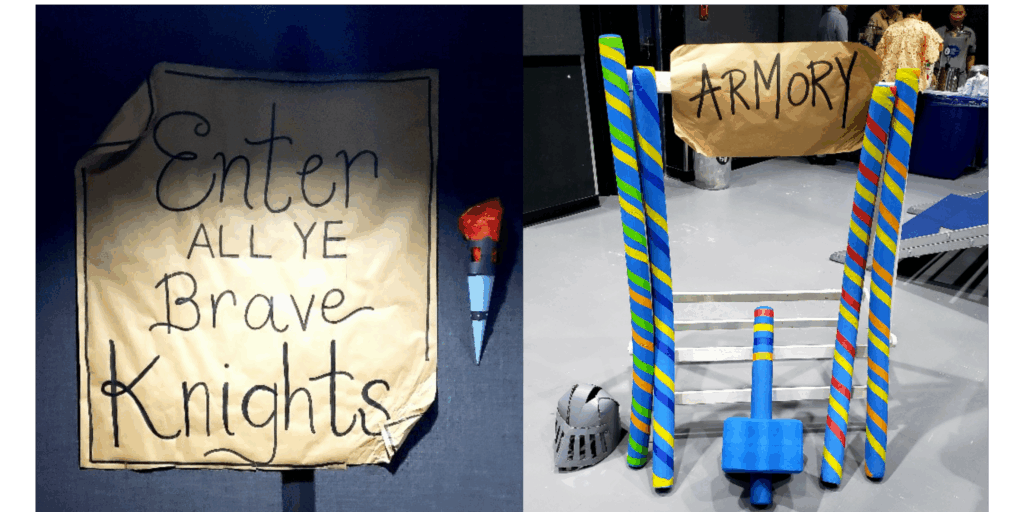

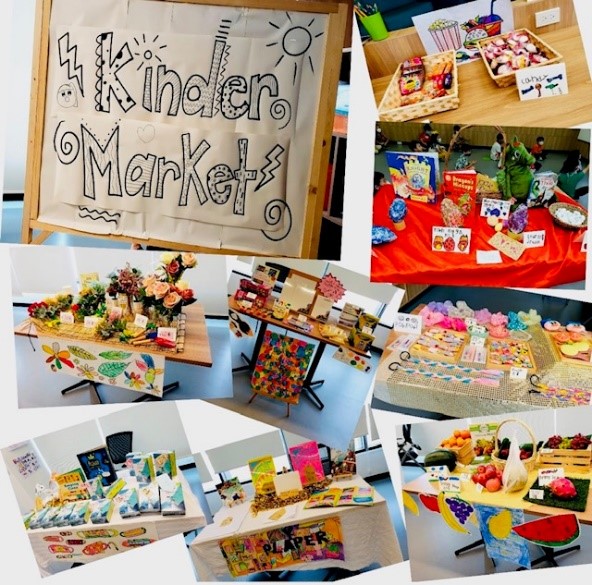

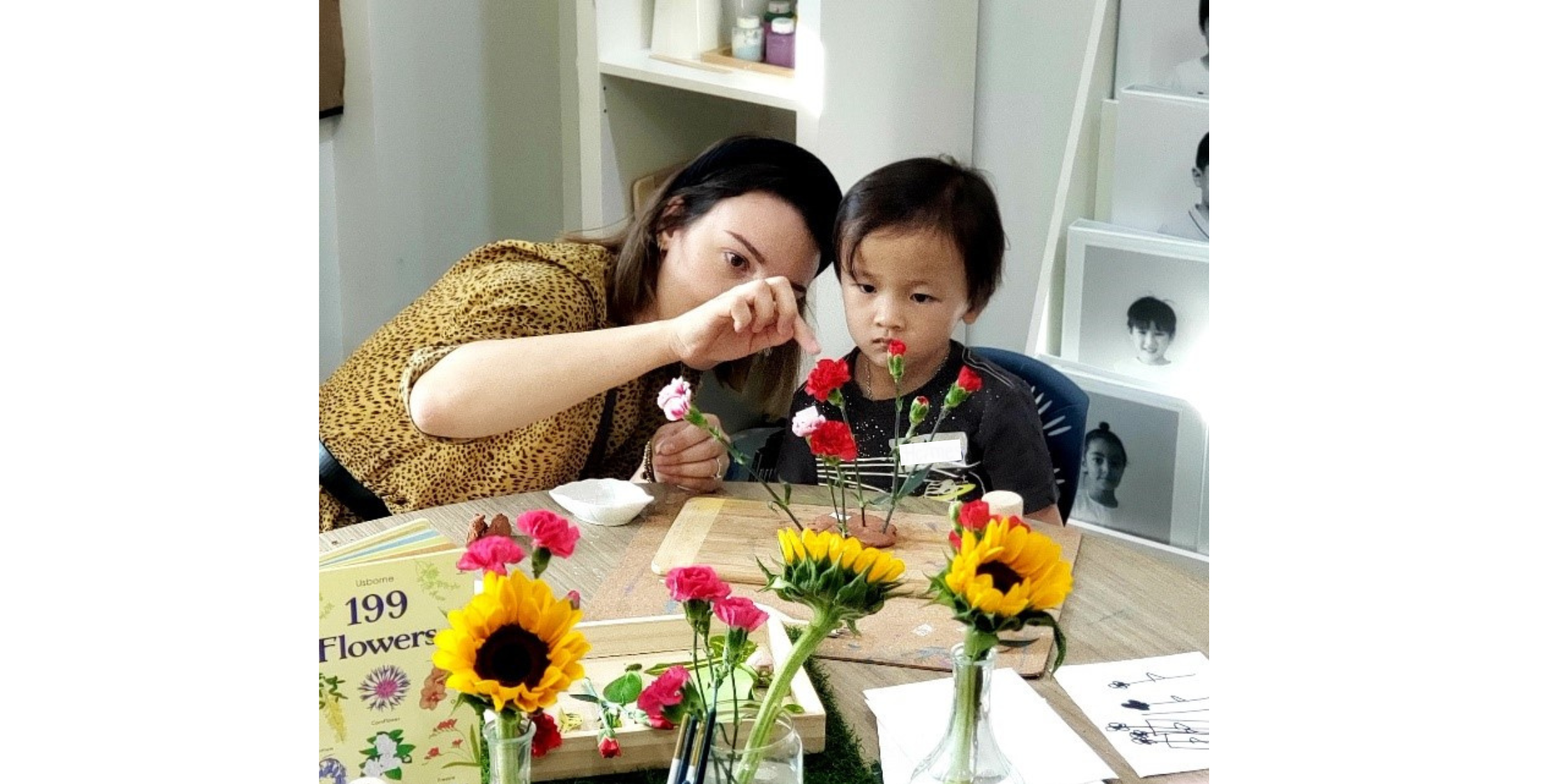
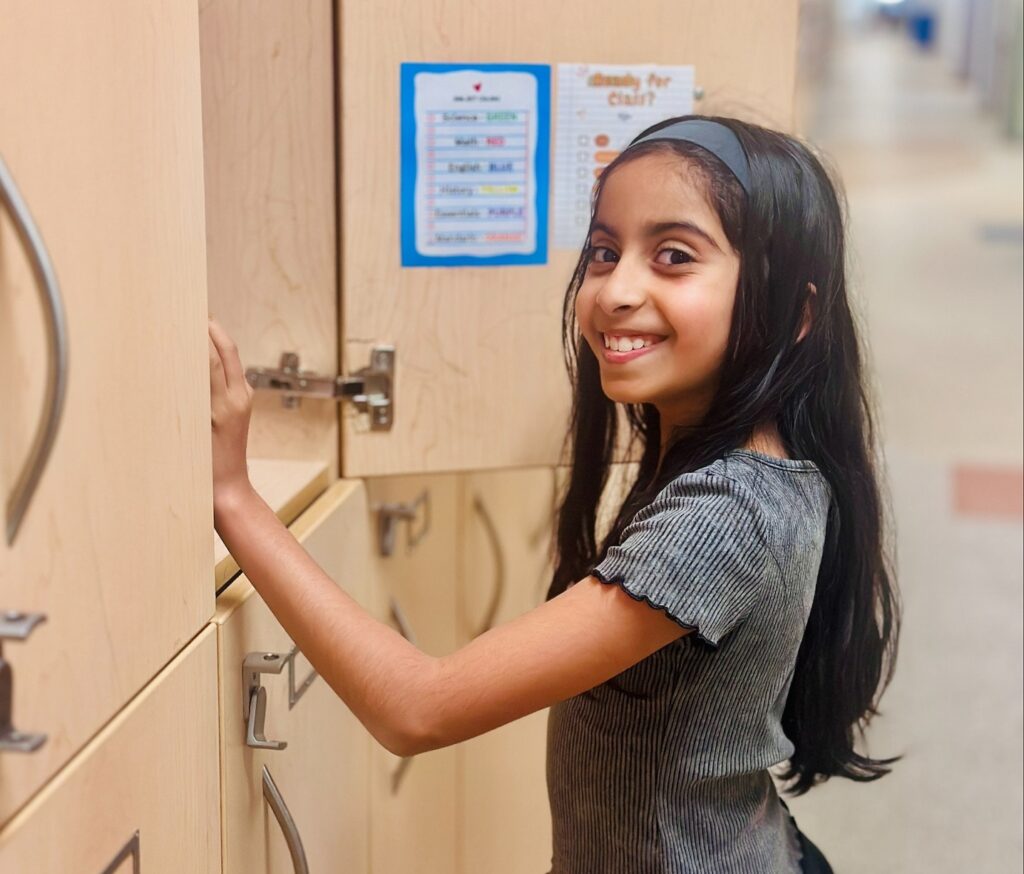
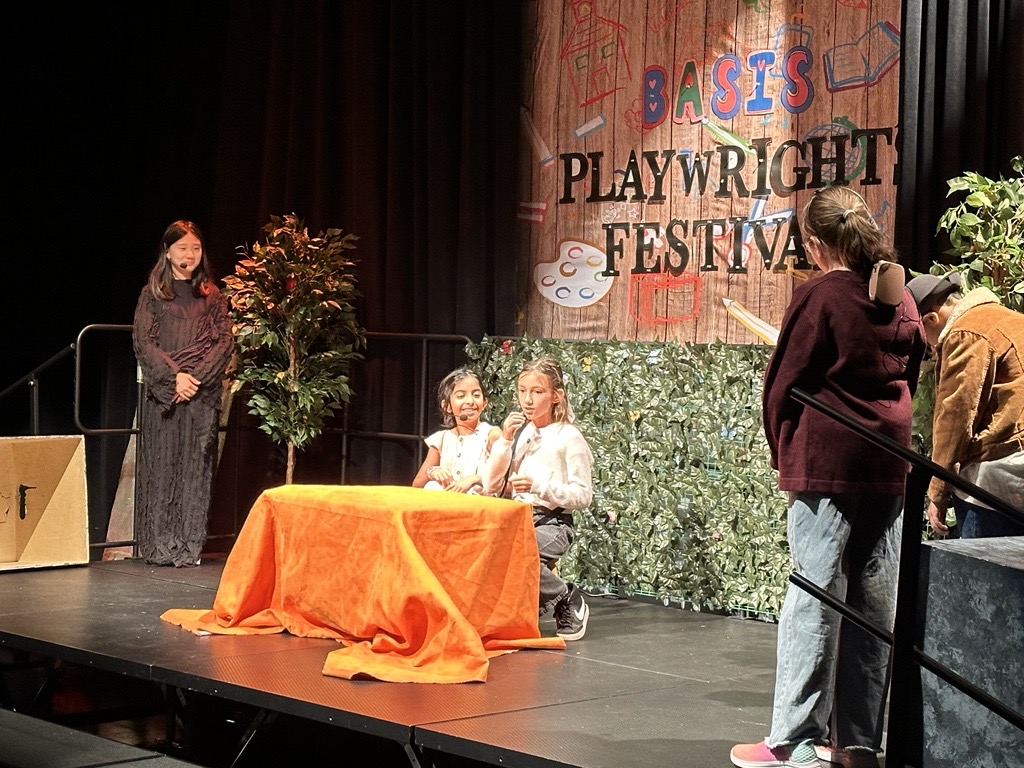
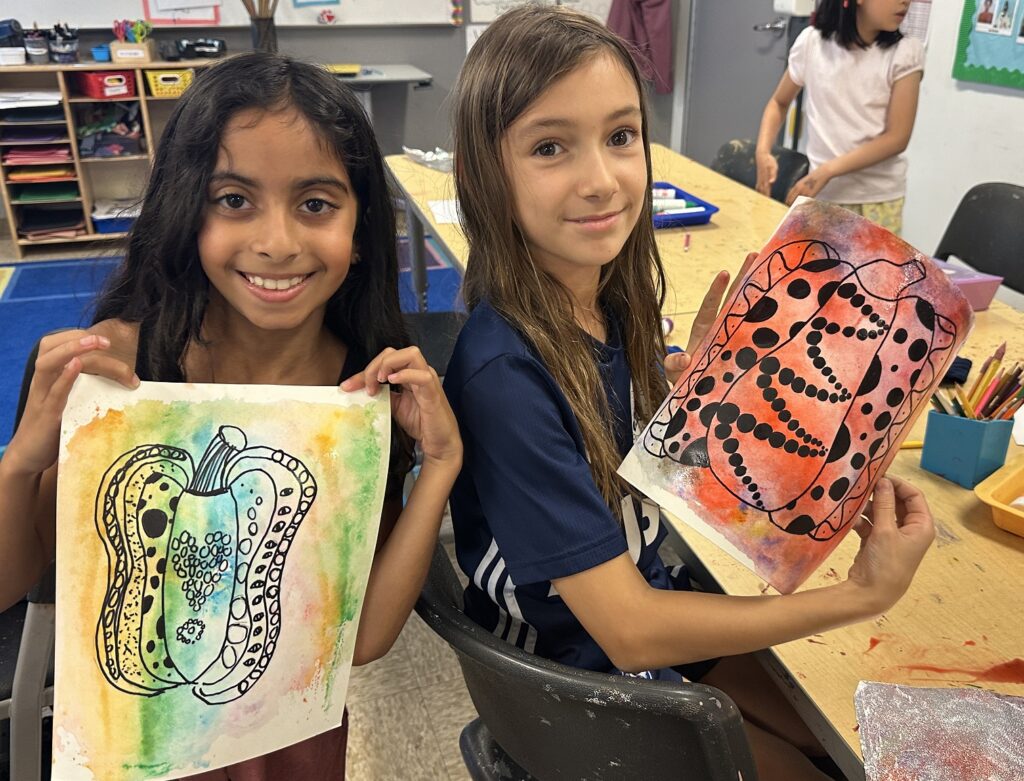
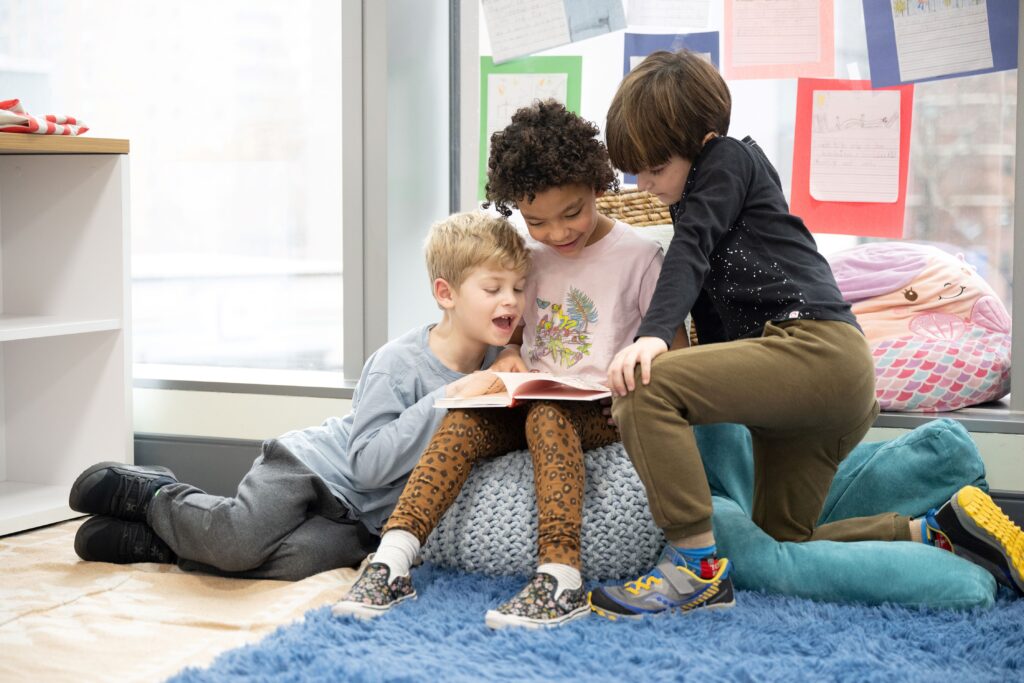
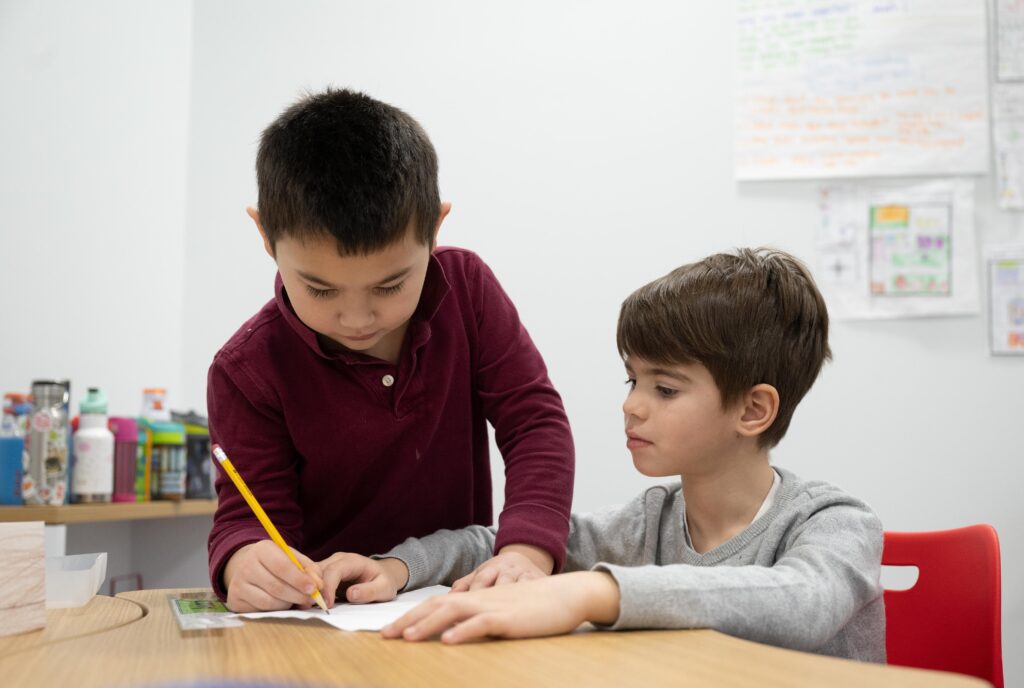

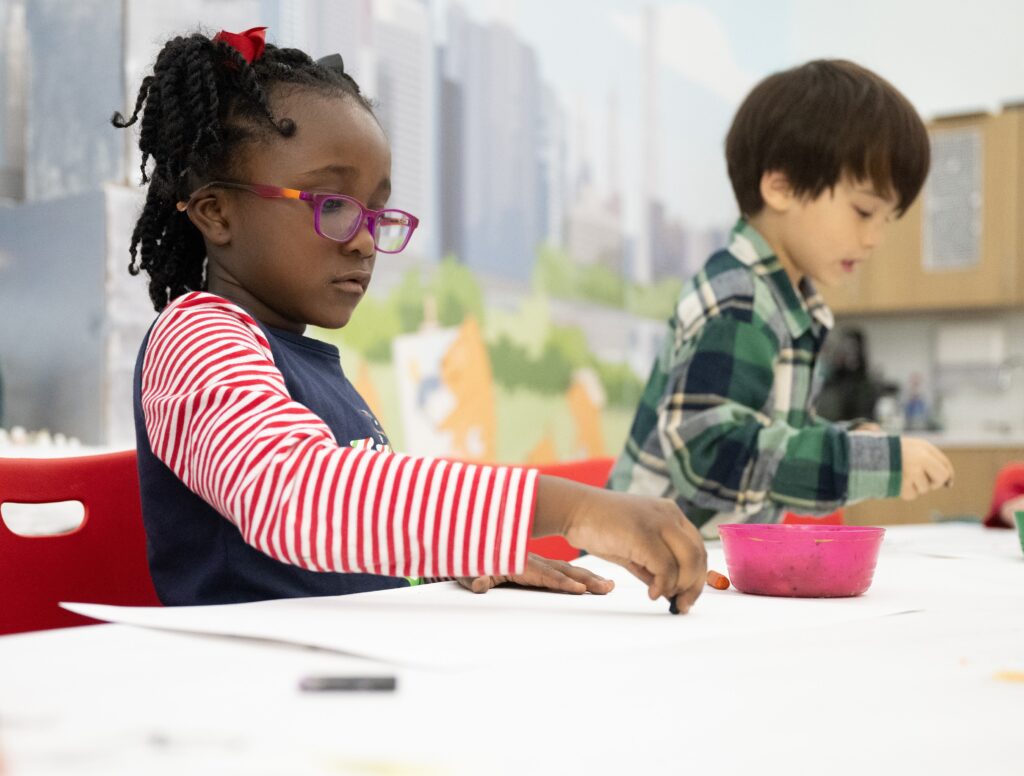

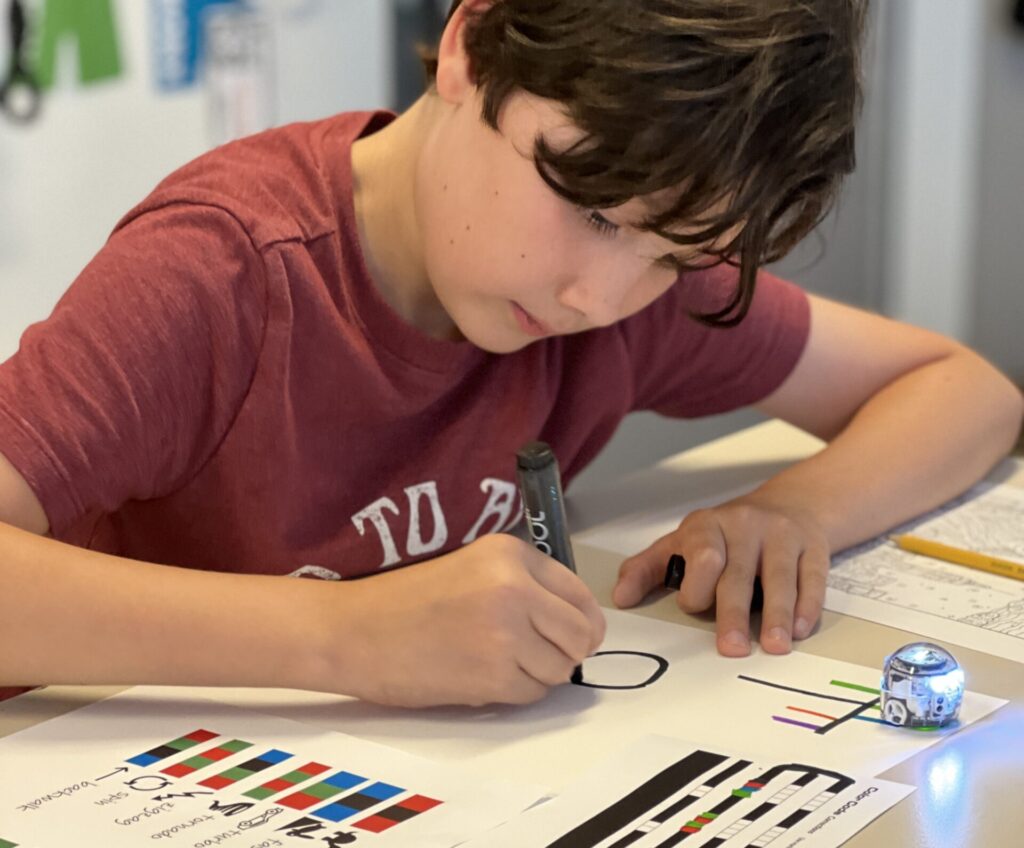
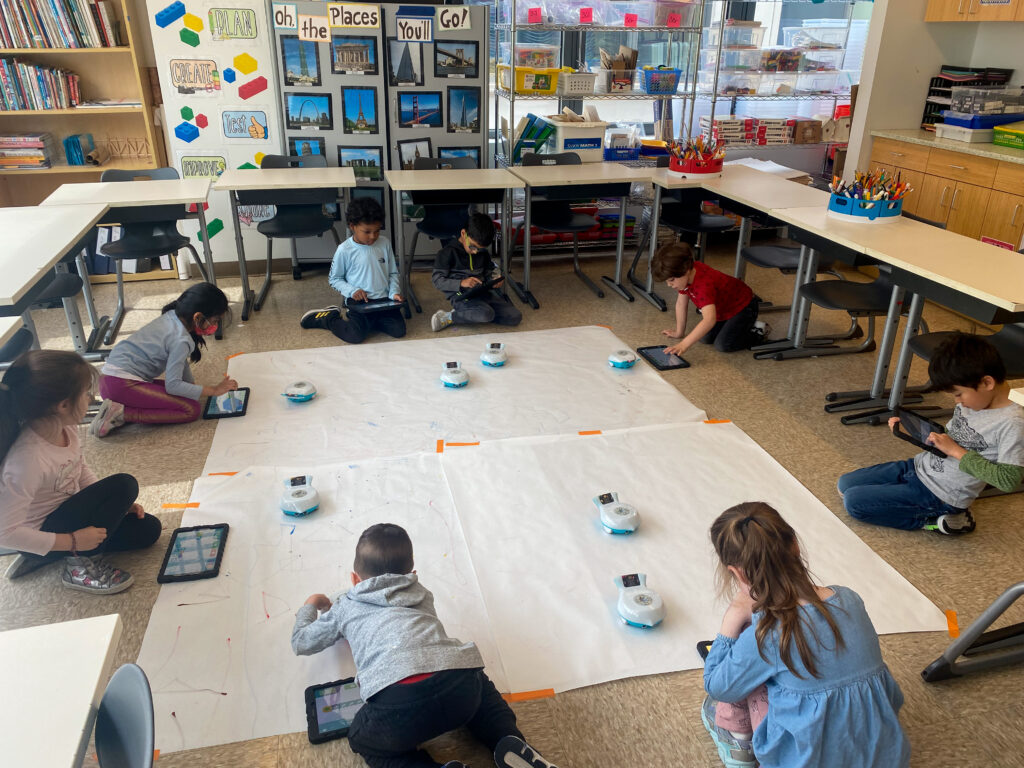
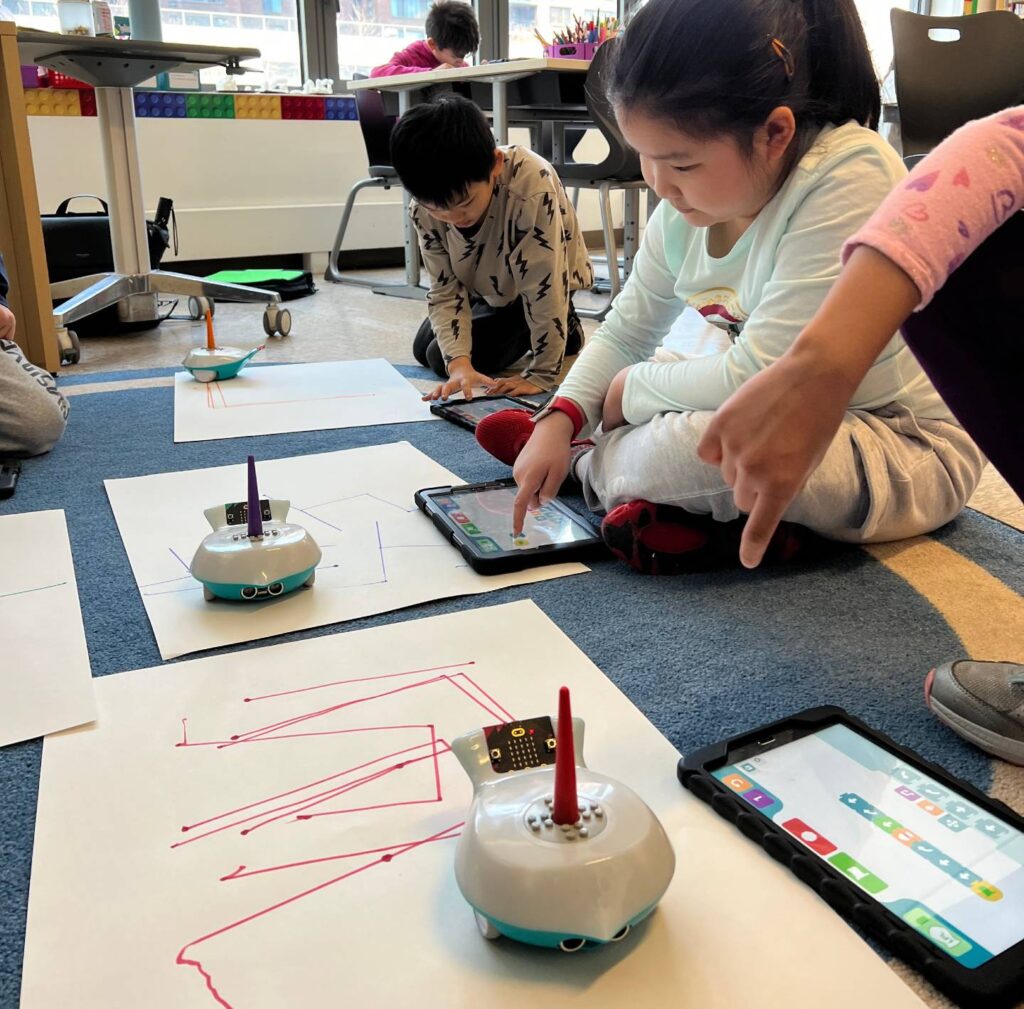
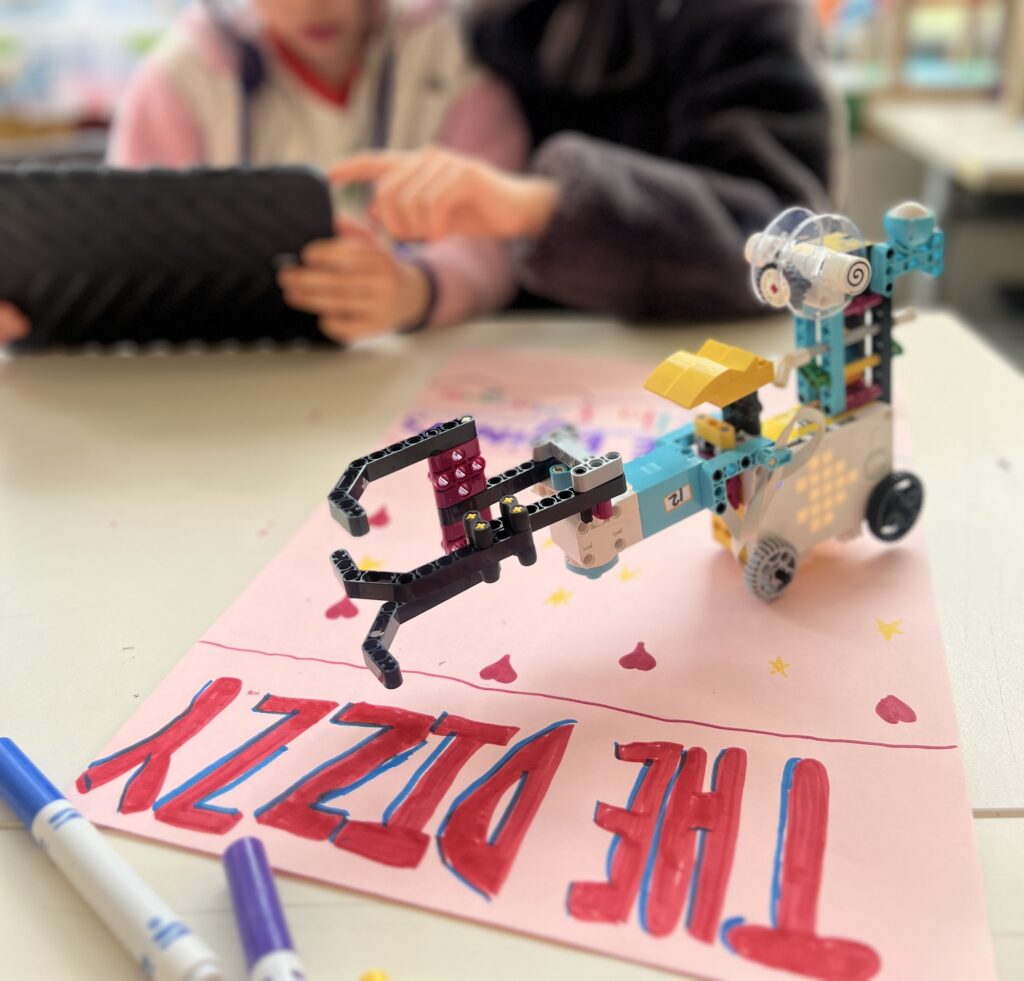
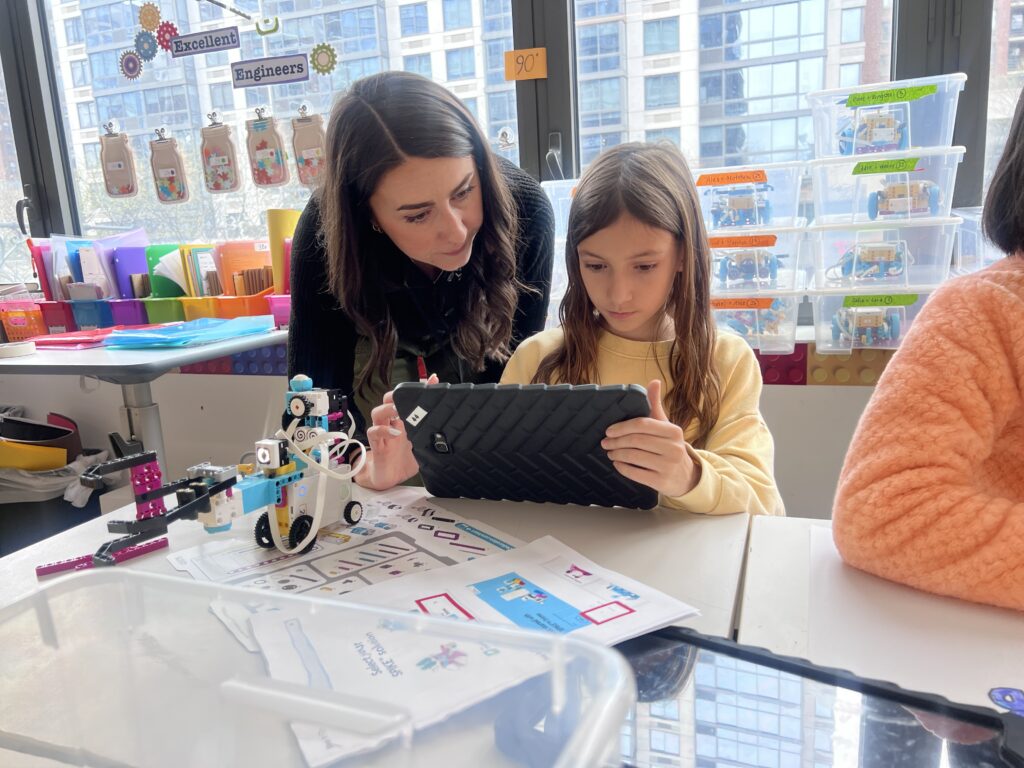
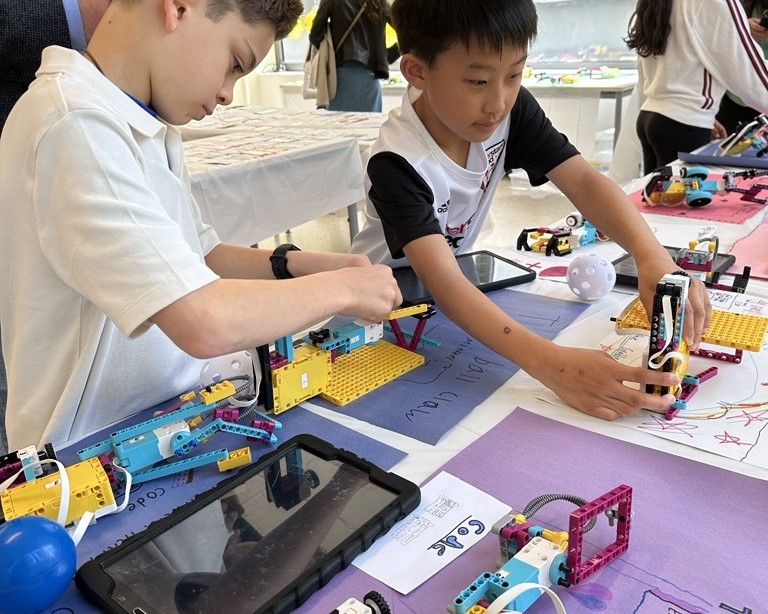

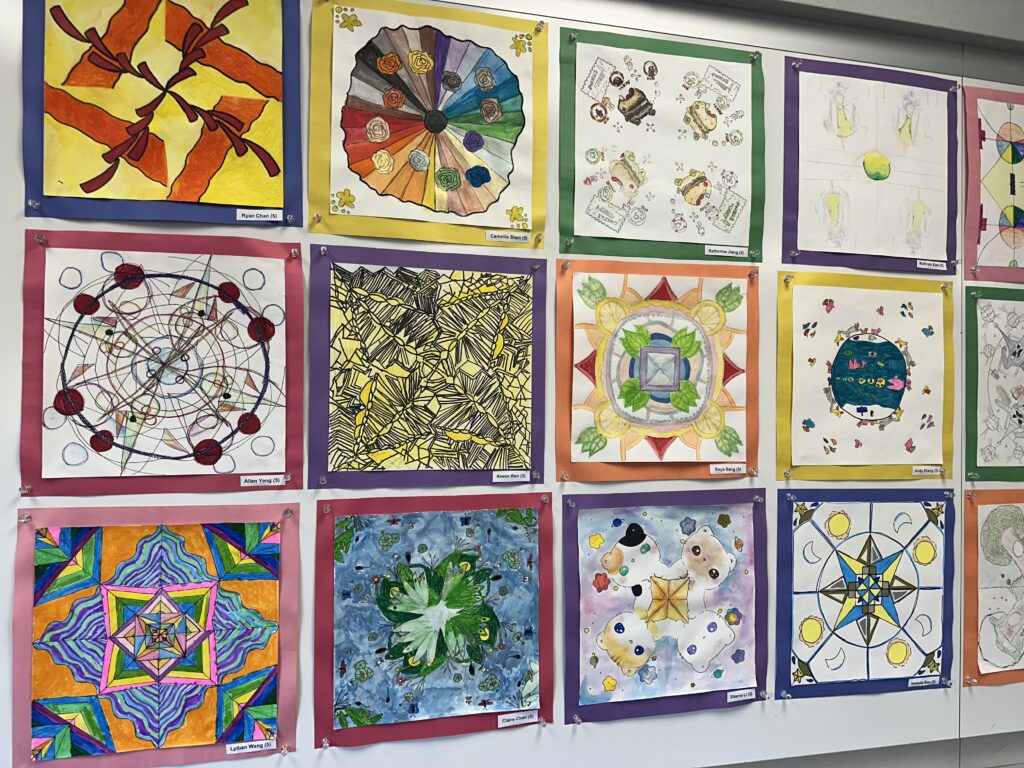
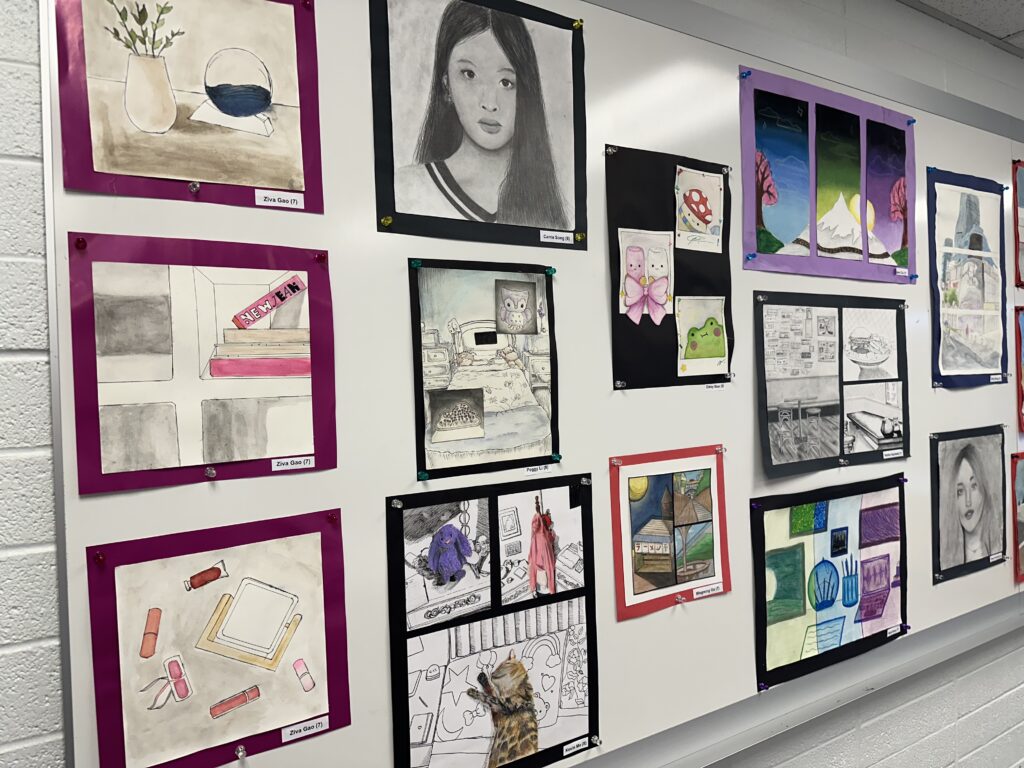



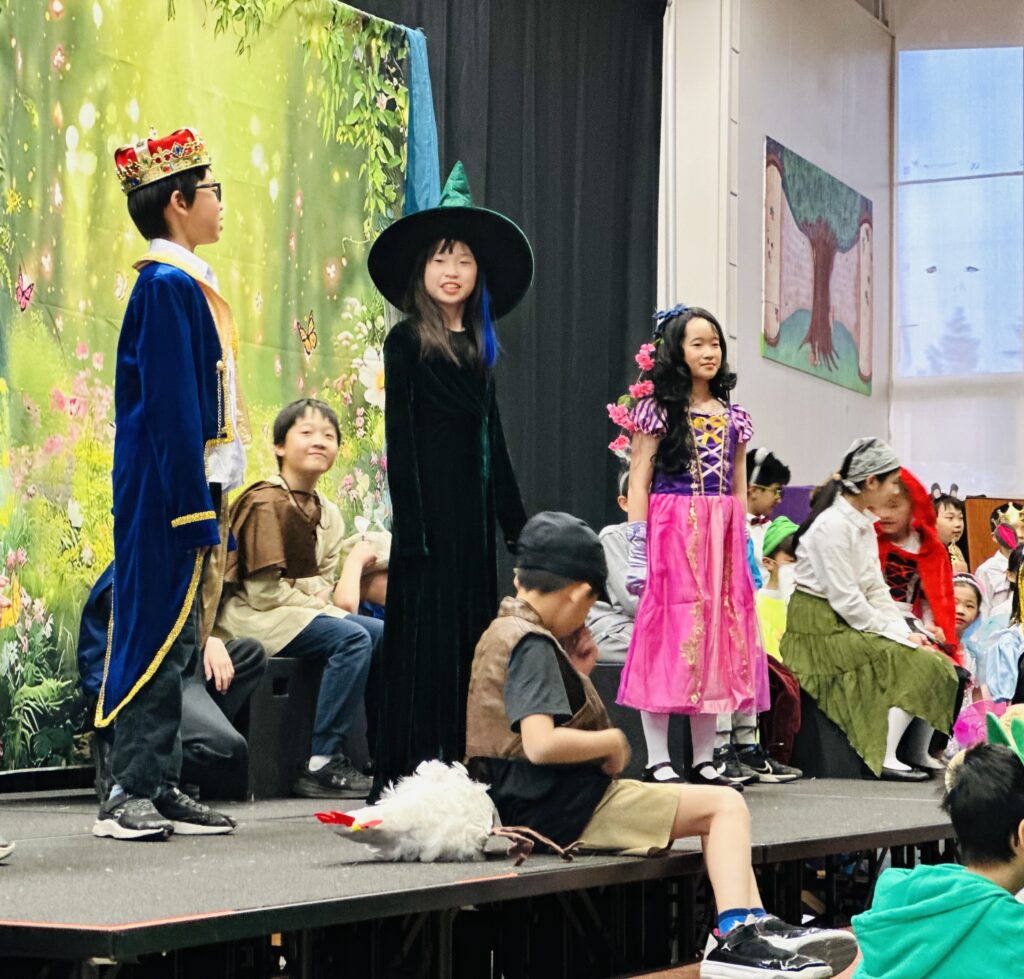
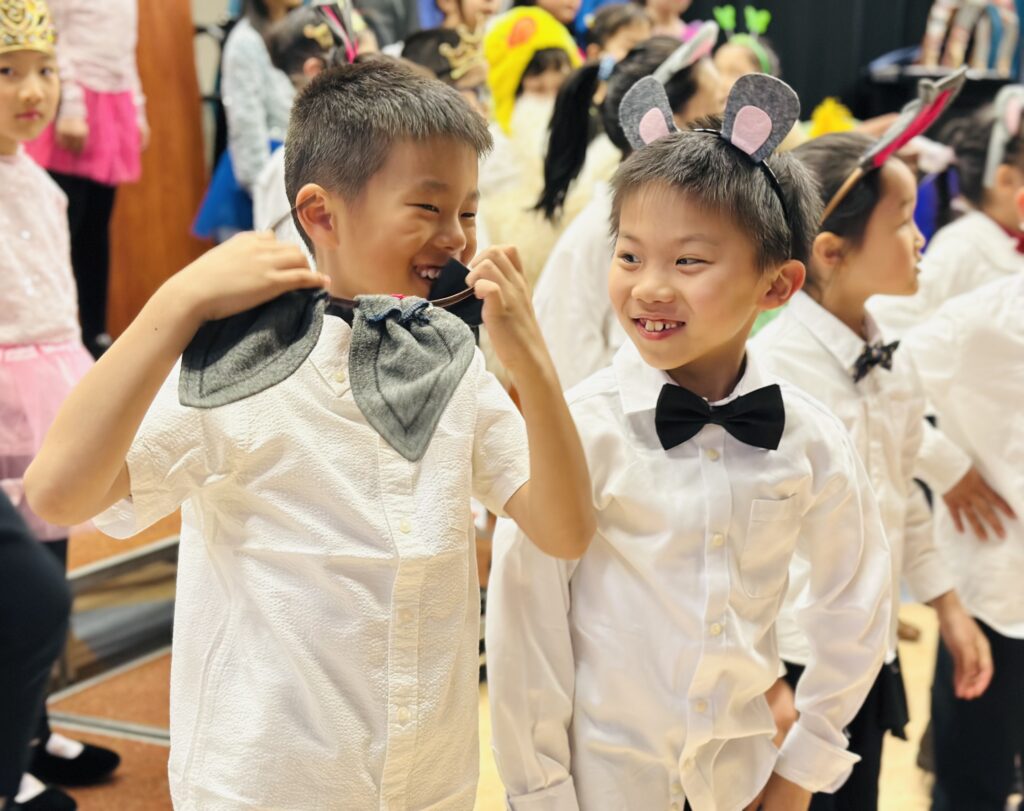
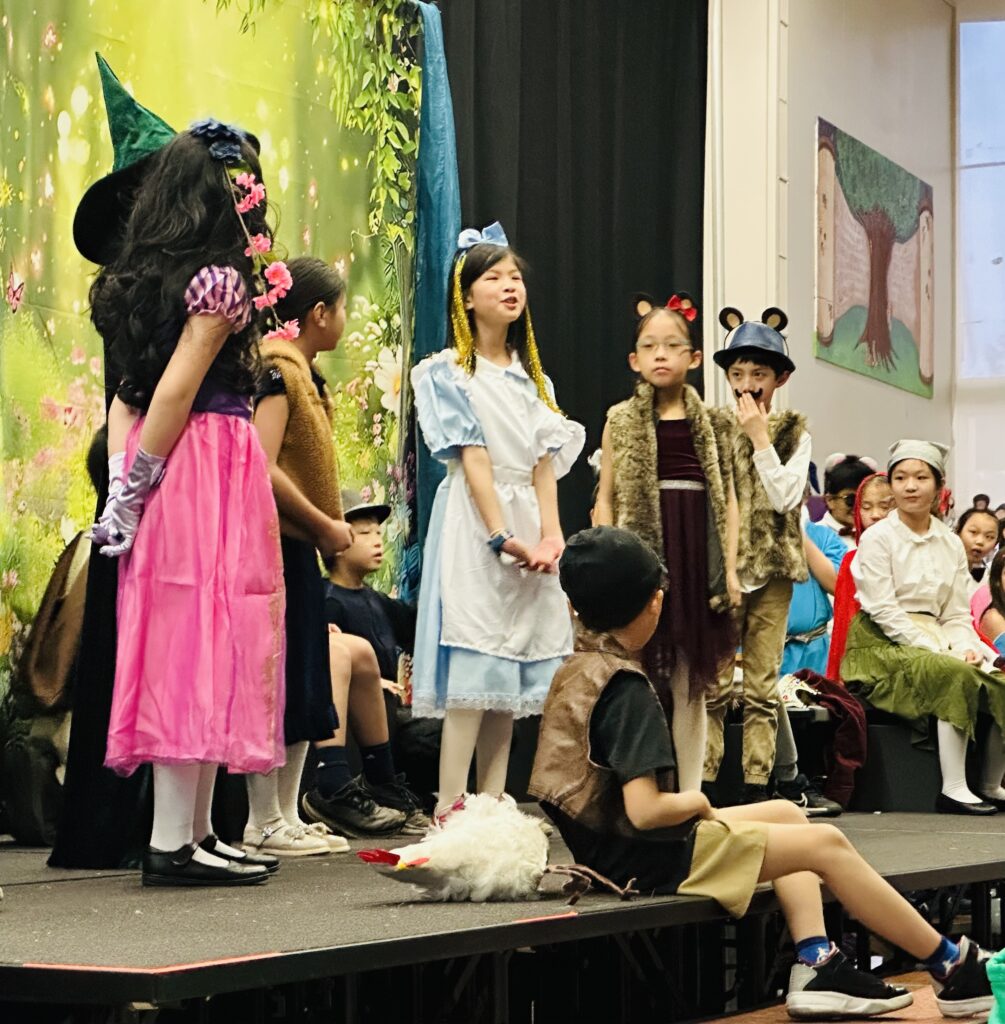
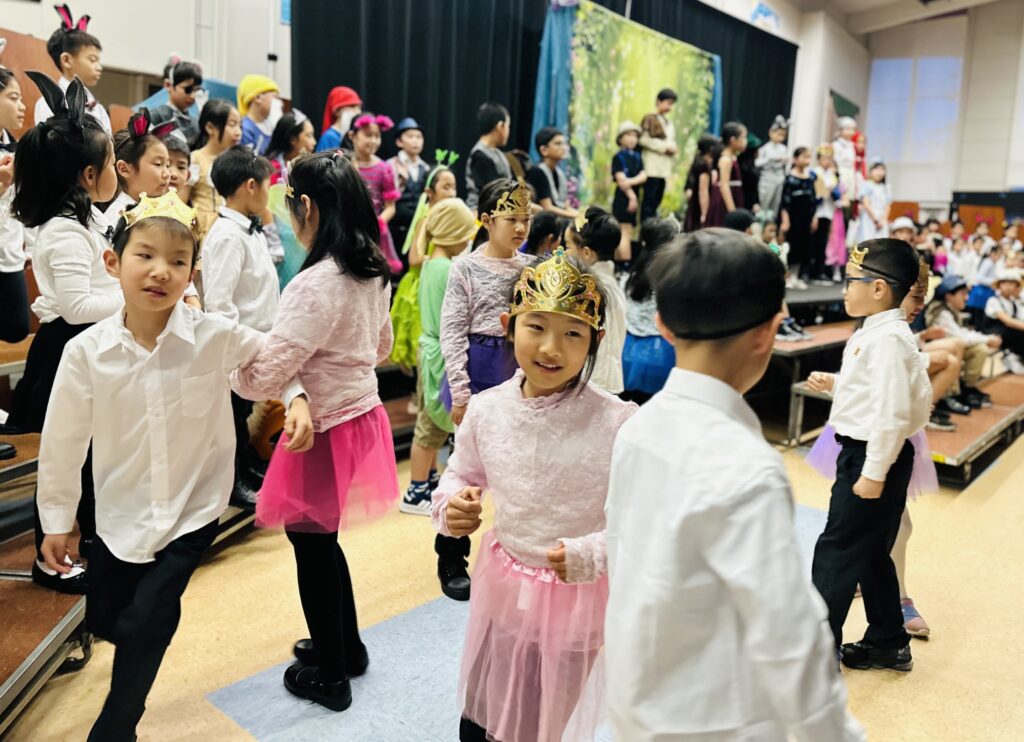
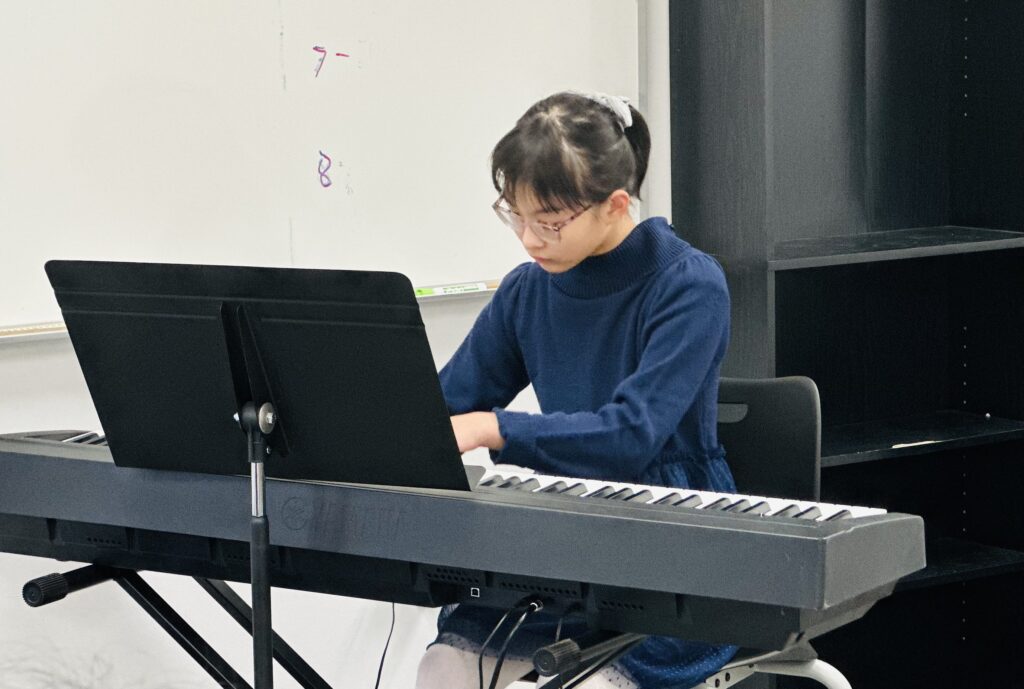
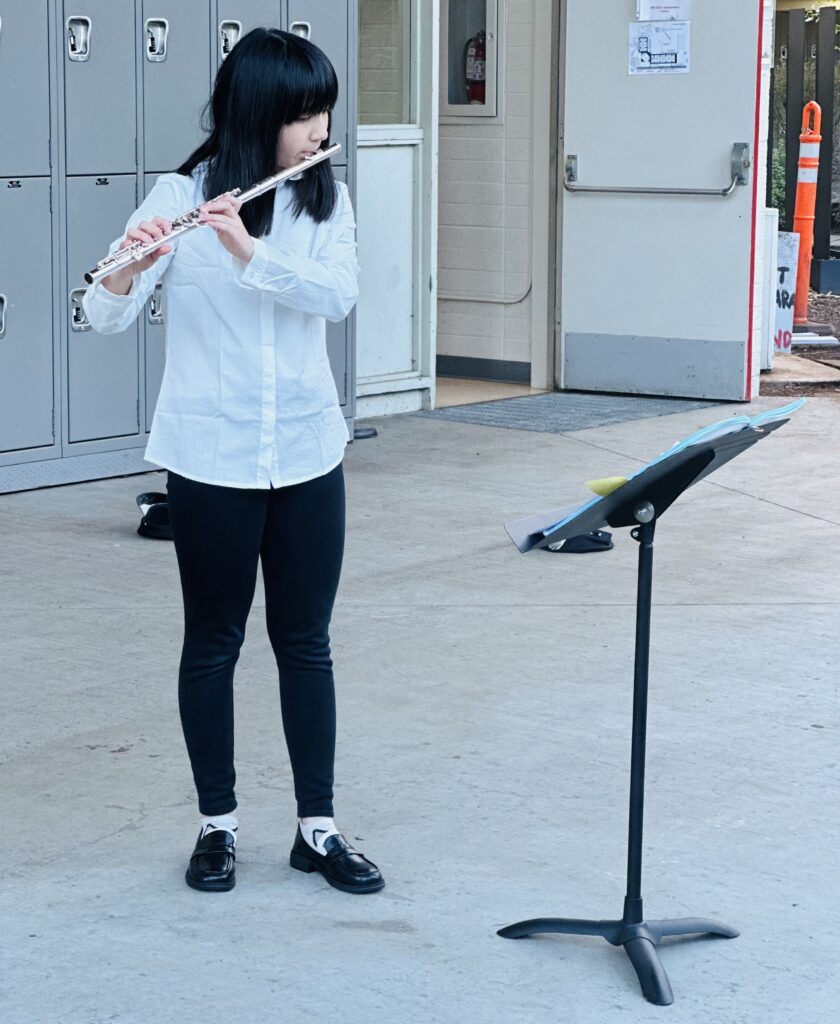
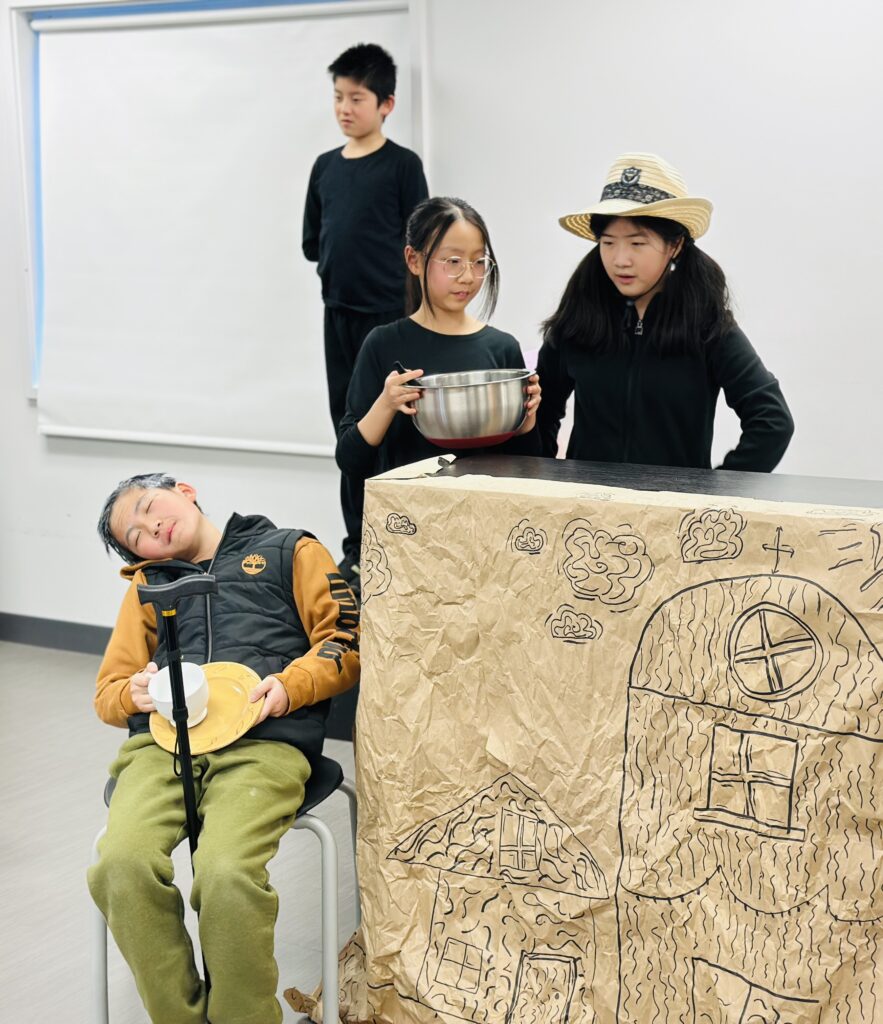
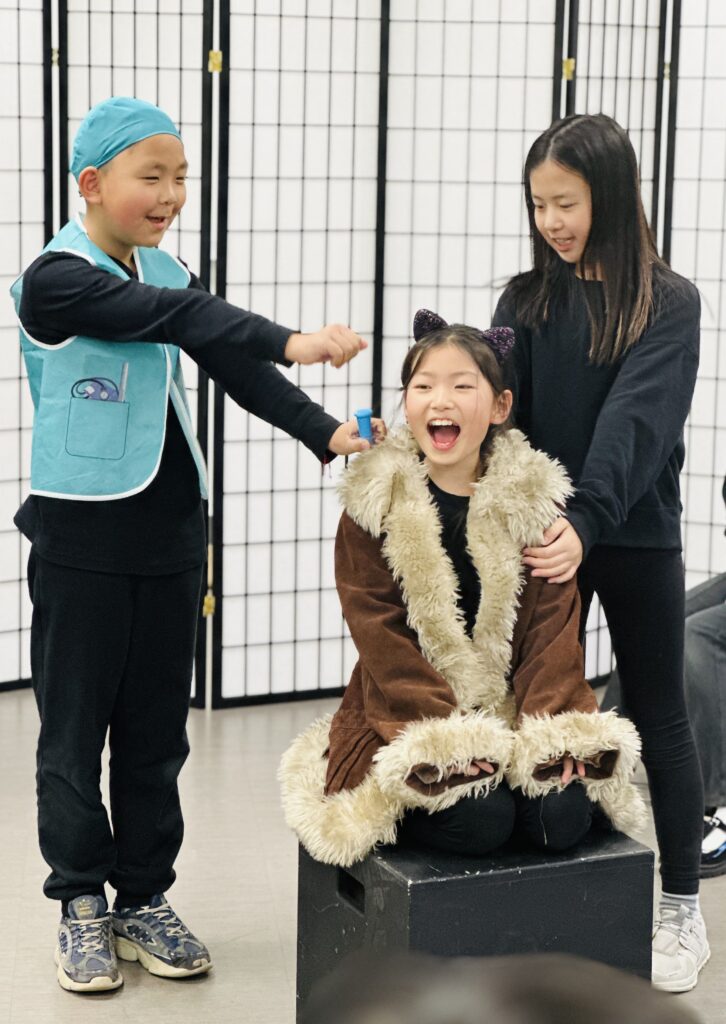
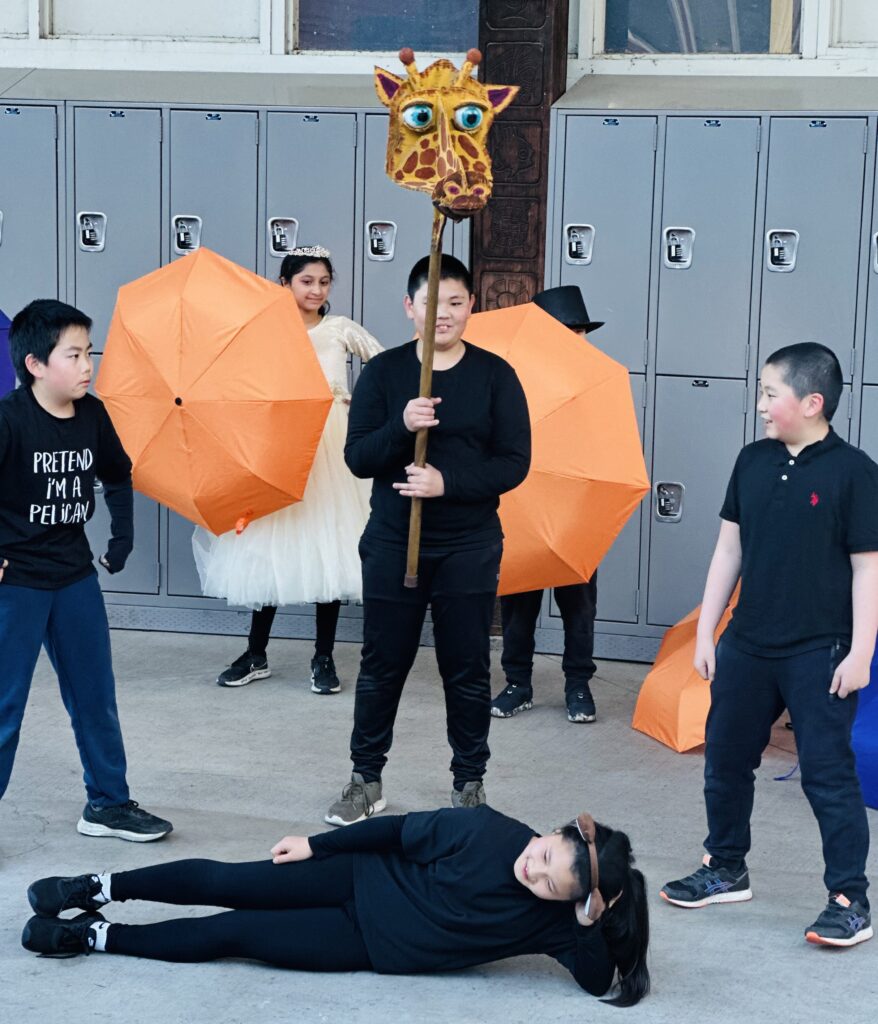
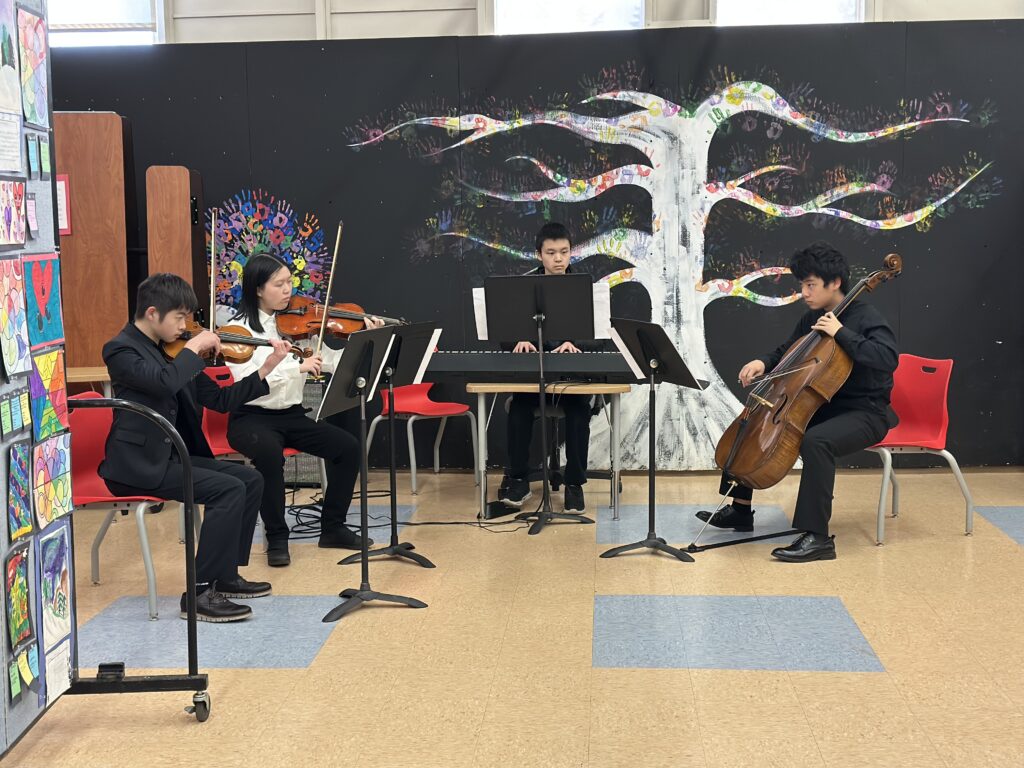
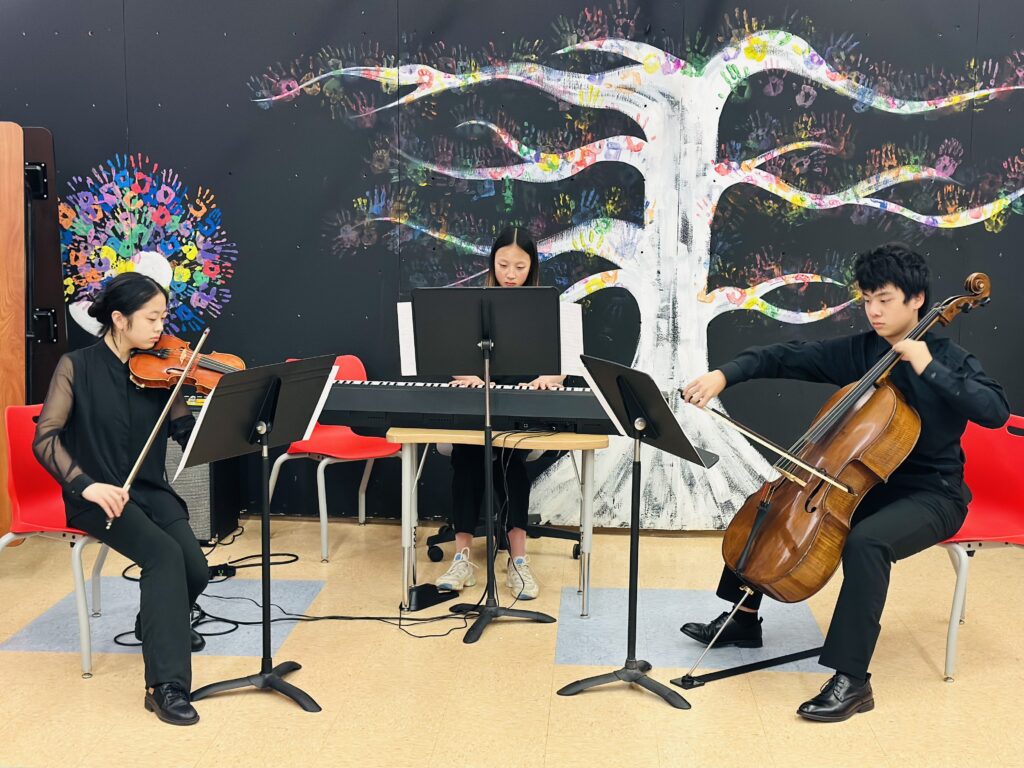
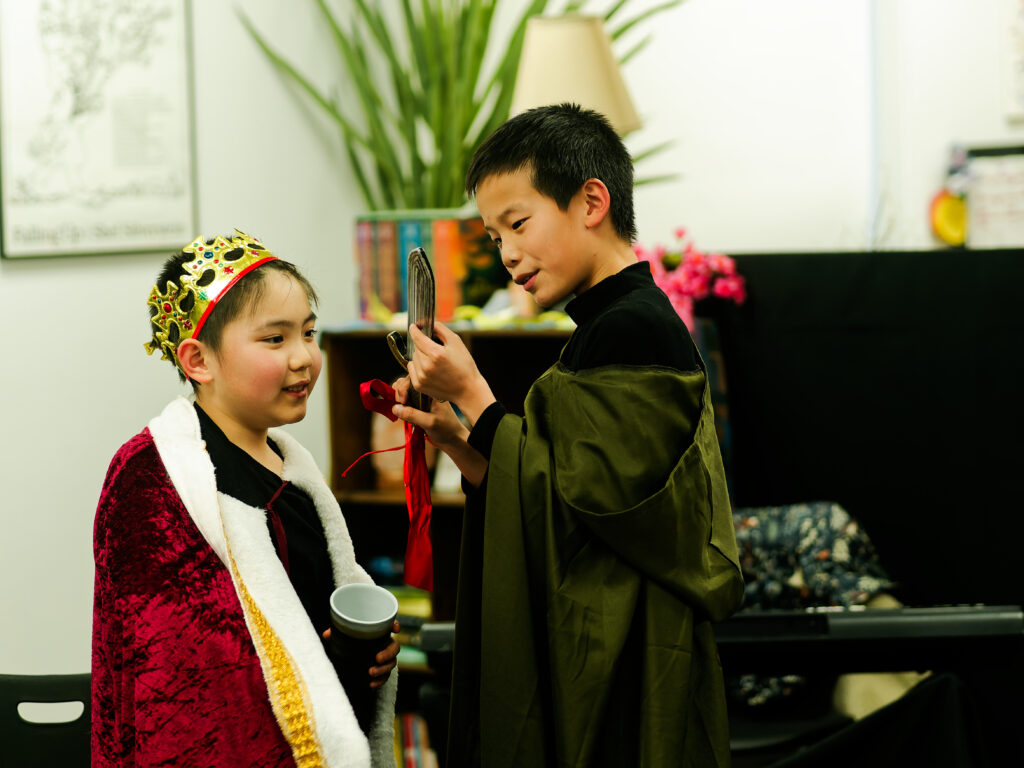
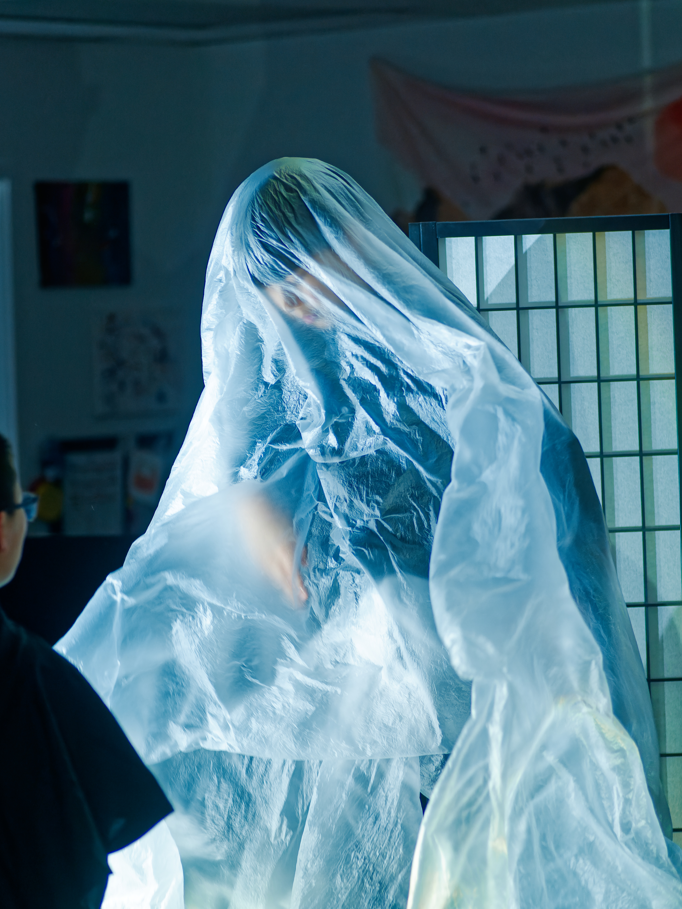
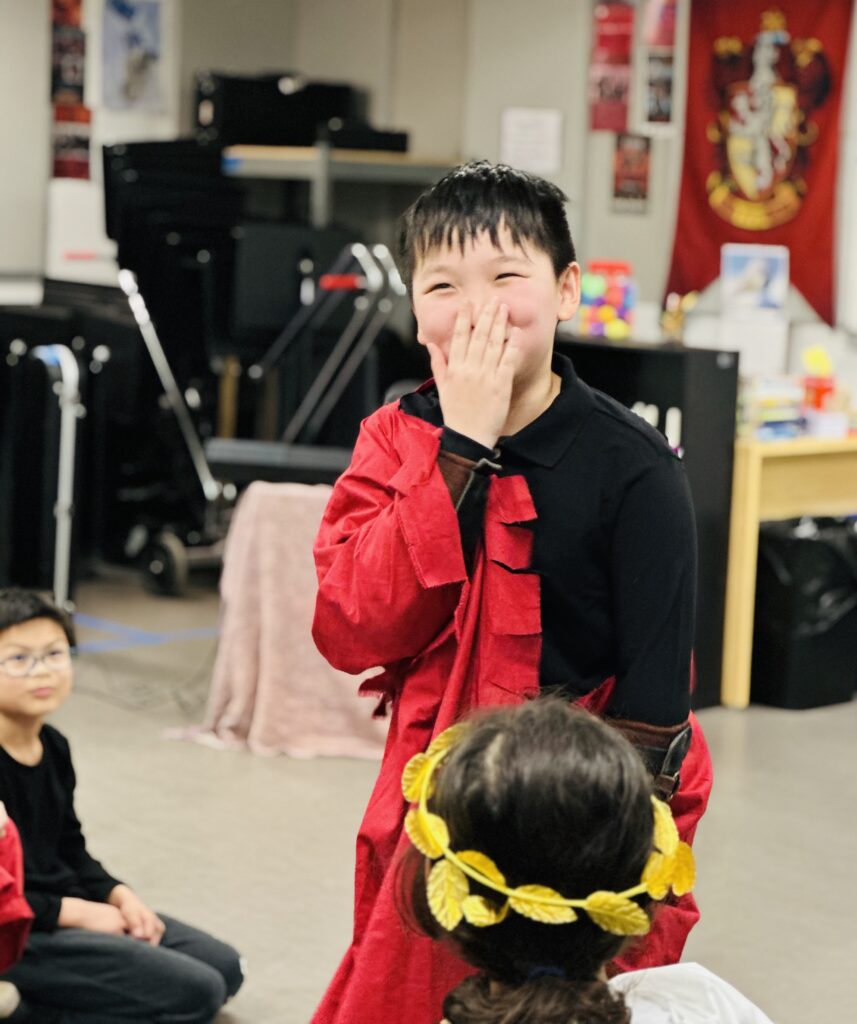
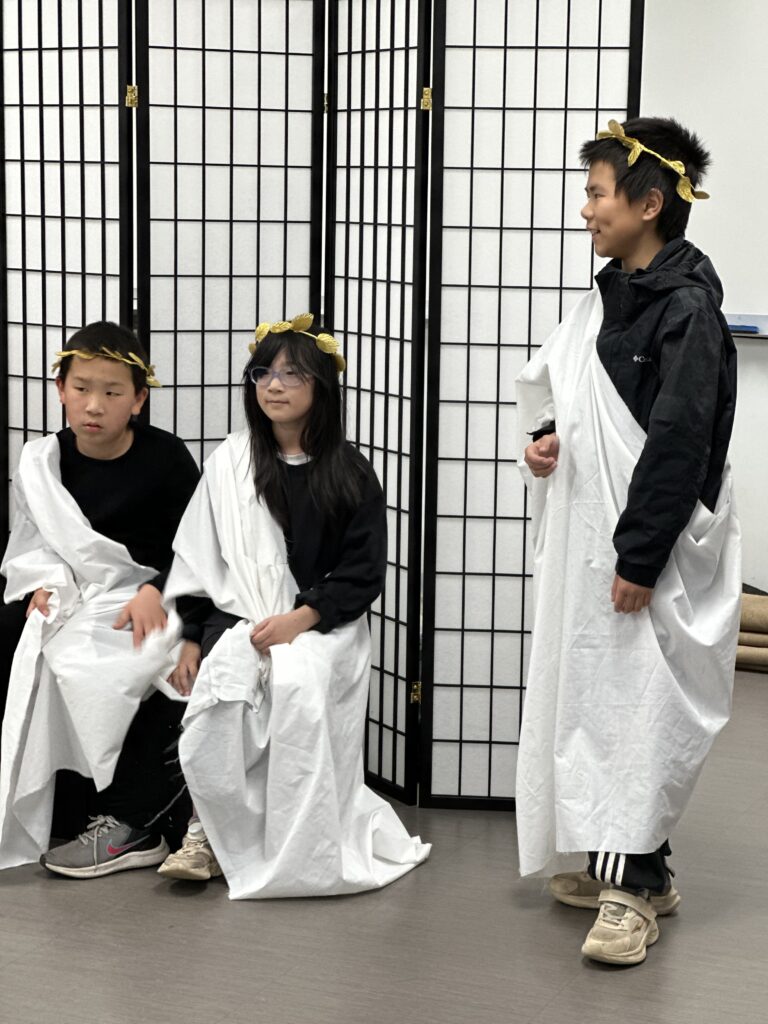
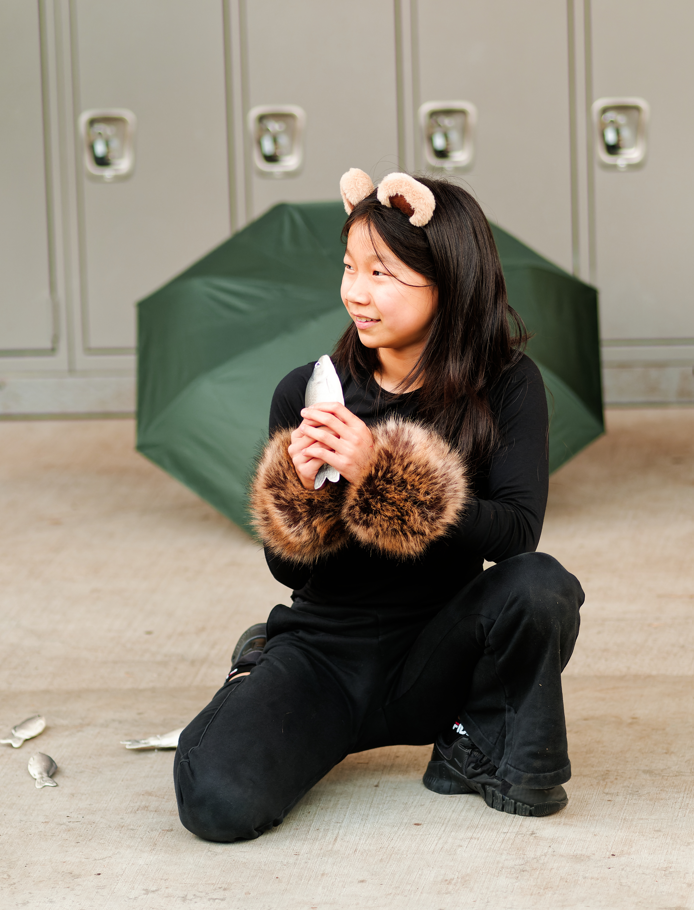
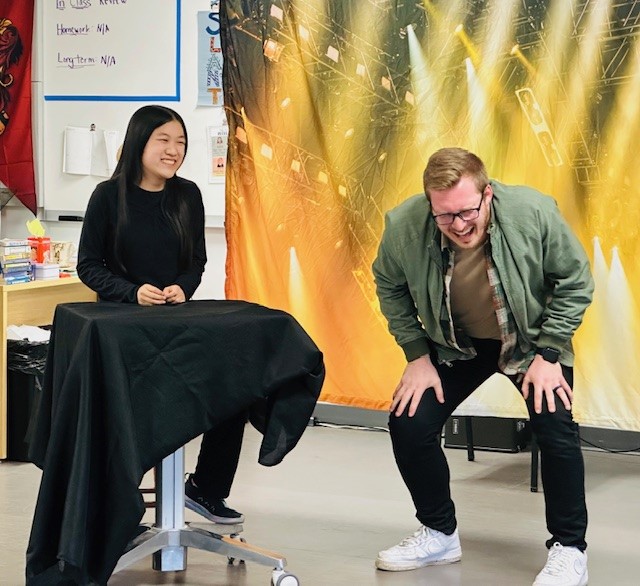
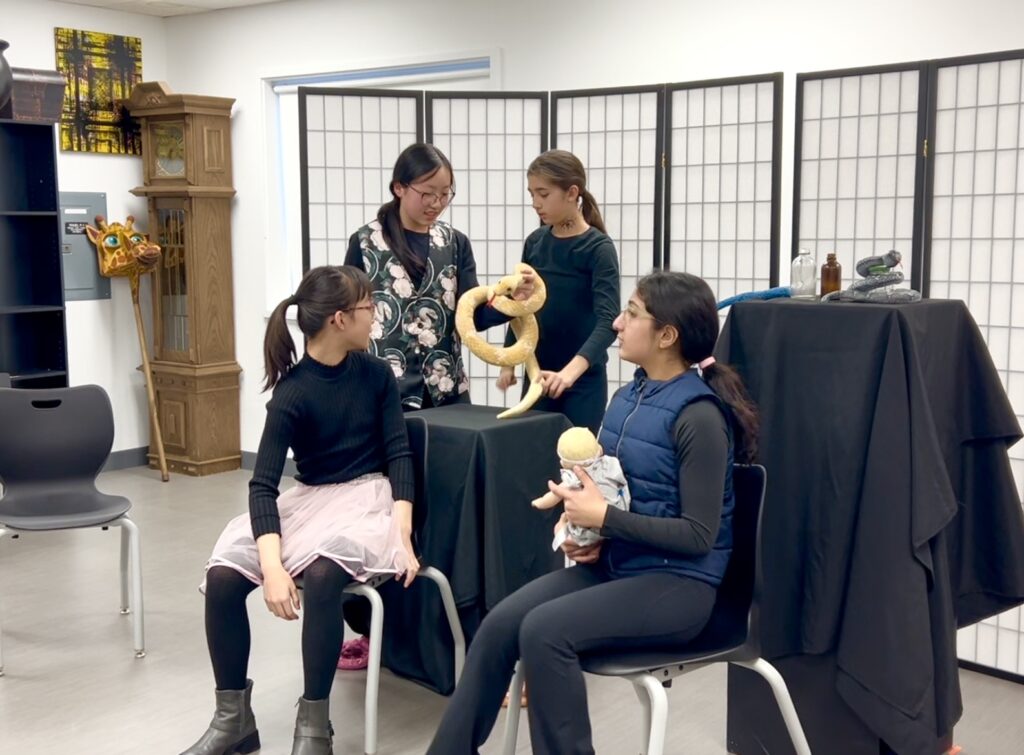

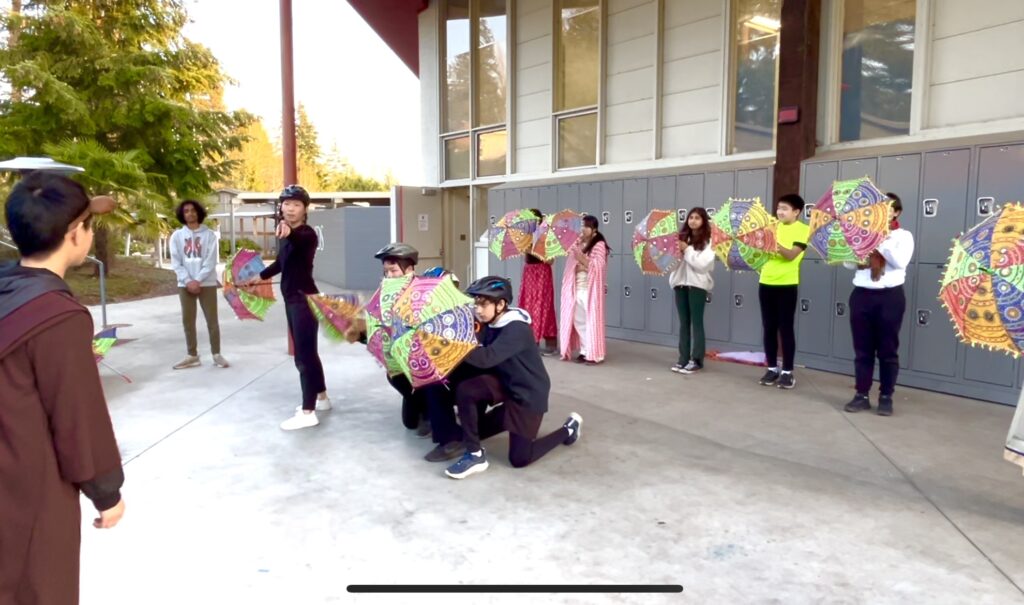
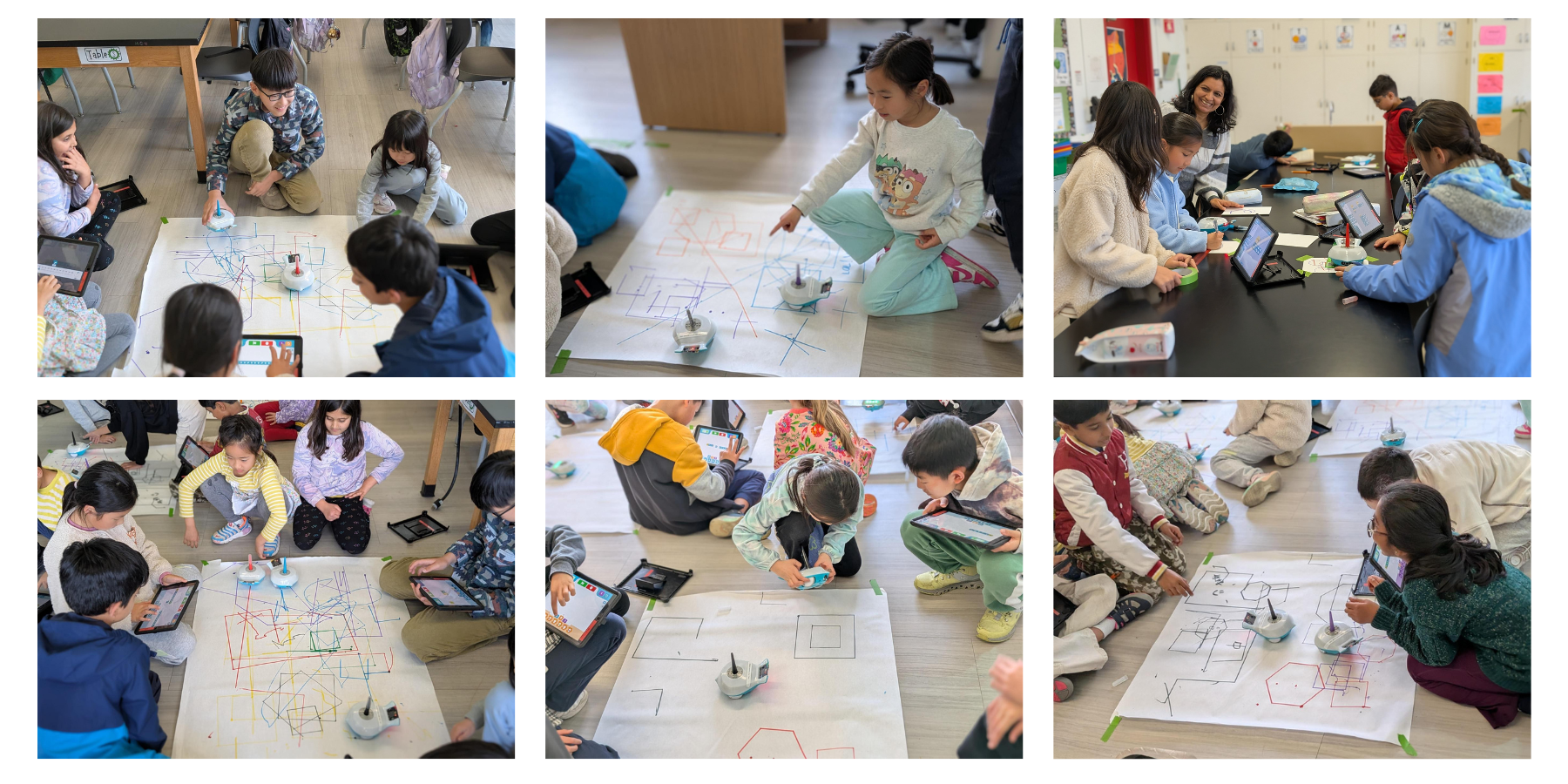




 Teachers: Passion and Expertise
Teachers: Passion and Expertise













